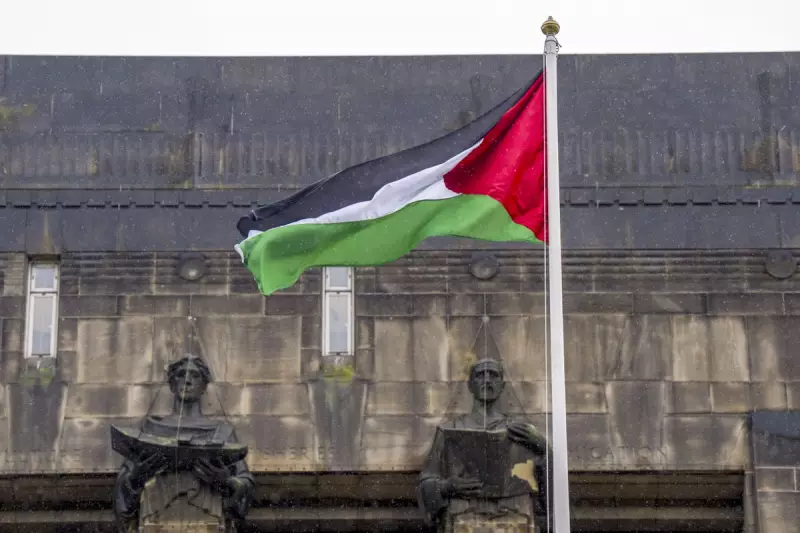
Prime Minister Keir Starmer is embroiled in a significant political controversy following his comments on Palestinian statehood, drawing fierce criticism from opposition parties and creating unease within his own Labour ranks.
PMQs Clash Sparks Diplomatic Row
During a tense Prime Minister's Questions session, SNP leader Stephen Flynn directly challenged Starmer over his position on recognising Palestinian statehood. The confrontation came after Starmer appeared to suggest in a radio interview that Israel had the right to withhold water and power from the occupied West Bank.
Flynn demanded clarification, asking pointedly: "Can I ask the Prime Minister whether he believes that Israel has the right to cut off water and electricity to the Palestinians in the West Bank?"
Labour's Internal Divisions Exposed
The controversy has exposed deepening fractures within the Labour Party regarding Middle East policy. Thirteen Labour MPs, including former shadow ministers, defied the party whip to support an SNP motion calling for an immediate ceasefire in Gaza back in November.
Senior Labour figures have been working to contain the fallout, with Foreign Secretary David Lammy attempting to clarify the government's position amid growing backbench discontent.
International Diplomatic Implications
The timing of this diplomatic incident is particularly sensitive, coming just before the King's Speech outlining the government's legislative agenda. The comments have drawn attention to Britain's evolving stance on the Israeli-Palestinian conflict and its implications for international relations.
Political analysts suggest the controversy could have lasting effects on Labour's credibility in diplomatic circles and among voters concerned with foreign policy matters.
As the government prepares its agenda for the coming parliamentary session, this unexpected foreign policy dispute threatens to overshadow domestic priorities and highlight ongoing tensions within the Labour Party's broad coalition.






